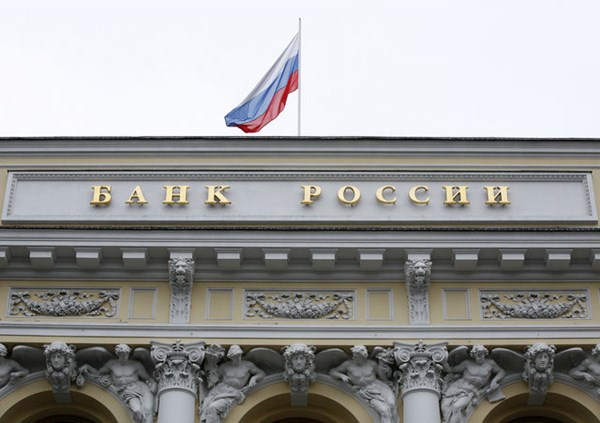Kremlin pushes Russian banks towards imminent isolation from world’s financial system
The Russian government introduced a bill to the State Duma that would prohibit Russian banks from providing banking information to financial authorities abroad.
According to the document, banks will be forbidden to send information about customers and their transactions to the financial authorities of "unfriendly countries".
These measures are intended as a response to the actions of the United States and other countries. Their goal is to minimize the risks associated with the changes in foreign countries’ national legislation aimed at obtaining confidential information from Russia, the explanatory note reads.
At the moment, only two countries are on the list of "unfriendly" countries - the Czech Republic and the United States. And if the restriction of work with the Czech authorities does not threaten the Russian banking system much, the refusal to work with the Americans can be costly, said Maxim Osadchiy, head of the analytical department of the Corporate Financing Bank.
Under the law, banks may lose access to U.S. accounts through which all dollar payments are made.
"Russian banks are caught between two firing squads," Osadchiy said. "On the one hand, if you do not give the requested information to the Americans, you can lose the money that will be seized in the U.S. You can lose the correspondent account in American banks, which is critical for many Russian banks, that is, the consequences are the most severe."
"On the other hand, if we received a request from the U.S. about transactions in some account, such as information that, for example, some activity was committed that would lead to sanctions from the United States, then you will fall under the relevant Russian legislation," he explained to BFM radio.
“The obligation to respond to the U.S. request for information about accounts has "essentially no alternative". Such refusal can lead to a breakup of correspondent relations, which will not allow Russian banks to conduct transactions in dollars,” said the lawyer of the firm Lemchik, Krupsky and Partners, Ilya Gorshkov.
At the same time, even informing Russian state agencies about such requests from the U.S. authorities can have the same consequences.
"From the point of view of U.S. law, providing information about such requests to the governments of foreign banks, if they are customers of such a bank, is a violation of the AML law. Therefore, Russian banks, which provide Russian authorities information about the requests from the U.S. government, are at constant risk of losing correspondent relations with American banks," Gorshkov said, as quoted by RBC news agency.
“This is the movement to isolate ourselves from the global financial system,” Osadchiy believes.
"Slowly preparing for this isolation, everything is thought out," he says.
